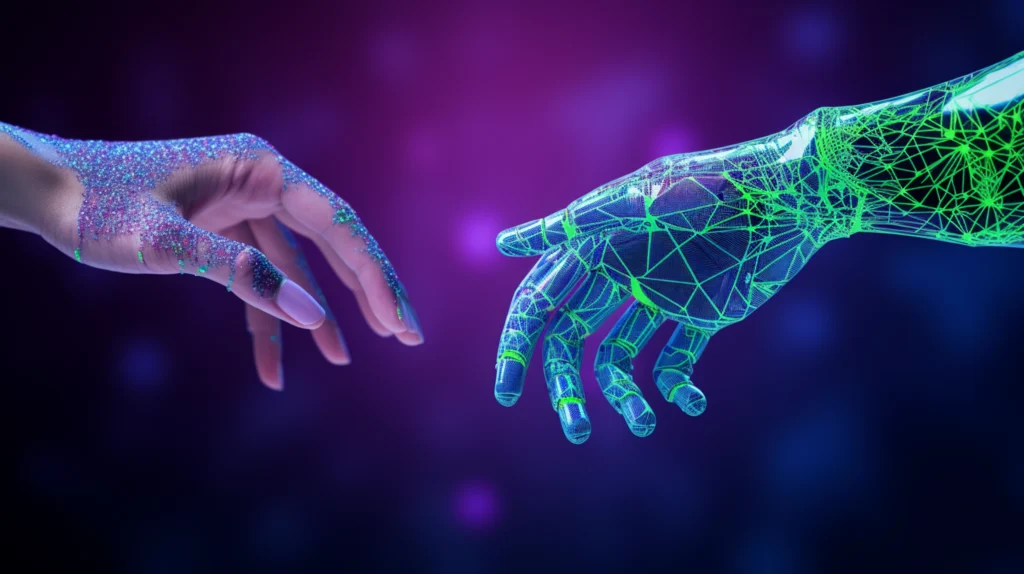Artificial Intelligence (AI) is no longer a concept confined to sci-fi novels and futuristic fantasies. It’s an integral part of our daily lives, revolutionizing industries, enhancing productivity, and reshaping the way we interact with technology. From the virtual assistants in our smartphones to advanced algorithms driving autonomous vehicles, AI is steadily becoming a cornerstone of modern society. In this blog, we’ll dive into the fascinating world of AI, explore its current applications, and envision its future potential.
What is Artificial Intelligence?
At its core, Artificial Intelligence is the simulation of human intelligence in machines that are programmed to think and learn. AI systems can perform tasks that typically require human intelligence, such as recognizing speech, making decisions, and solving problems. There are various subfields within AI, including:
1. Machine Learning (ML): This involves training algorithms on large datasets to enable them to make predictions or decisions without explicit programming.
2. Natural Language Processing (NLP): This allows machines to understand and generate human language, facilitating interactions like chatbots and language translation.
3. Computer Vision: This field enables machines to interpret and make decisions based on visual inputs, such as recognizing faces or objects in images.
4. Robotics: This involves creating robots that can perform tasks autonomously, from manufacturing processes to exploring Mars.
Current Applications of AI
AI has permeated various aspects of our lives, often in ways we might not even realize:
1. Healthcare: AI is transforming diagnostics and personalized medicine. Machine learning algorithms analyze medical images for early detection of diseases like cancer. AI-powered tools also assist in developing tailored treatment plans based on individual patient data.
2. Finance: In the financial sector, AI is used for fraud detection, algorithmic trading, and risk management. AI models analyze market trends and patterns to make investment decisions and identify suspicious activities.
3. Customer Service: Chatbots and virtual assistants, powered by NLP, handle customer inquiries and provide support 24/7. They can resolve issues, offer product recommendations, and enhance overall customer experience.
4. Transportation: Autonomous vehicles are perhaps one of the most exciting applications of AI. Self-driving cars use AI to interpret sensor data, make driving decisions, and navigate safely.
5. Entertainment: AI curates personalized content recommendations on platforms like Netflix and Spotify, improving user engagement by suggesting movies, music, or shows based on viewing history and preferences.
The Future of AI
The future of AI is both exciting and challenging. As technology advances, we can anticipate several key developments:
1. Enhanced Human-Machine Collaboration: AI will increasingly augment human capabilities rather than replace them. Tools and systems will work alongside us, enhancing productivity and creativity.
2. Ethical and Social Implications: As AI becomes more powerful, ethical concerns around privacy, bias, and job displacement will need to be addressed. Developing frameworks and regulations to ensure AI is used responsibly will be crucial.
3. General AI: While current AI systems are specialized and narrow, there is ongoing research into Artificial General Intelligence (AGI), which aims to create machines with generalized cognitive abilities comparable to human intelligence.
4. AI in Education: AI will play a significant role in personalized learning, helping educators tailor instruction to individual students’ needs and learning styles.
5. Sustainability: AI could drive advancements in environmental sustainability, from optimizing energy consumption to developing new materials and solutions for climate change.
Challenges and Considerations
Despite its potential, AI also faces significant challenges:
1. Bias and Fairness: AI systems can inadvertently perpetuate biases present in their training data. Ensuring fairness and transparency in AI decision-making is essential to avoid reinforcing societal inequalities.
2. Security Risks: As AI becomes more integrated into critical systems, the risk of cyber attacks and misuse grows. Securing AI systems and developing robust defenses will be vital.
3. Economic Displacement: The automation of jobs through AI could lead to economic disruption and job displacement. It’s important to address these challenges with policies and initiatives that support workforce transitions and skill development.
Conclusion
Artificial Intelligence is shaping the future in profound ways, offering incredible opportunities and posing important challenges. As we continue to develop and integrate AI technologies, it’s crucial to remain mindful of their ethical implications and ensure that their benefits are broadly shared. The journey of AI is just beginning, and its impact on our world will be both transformative and defining for generations to come.

